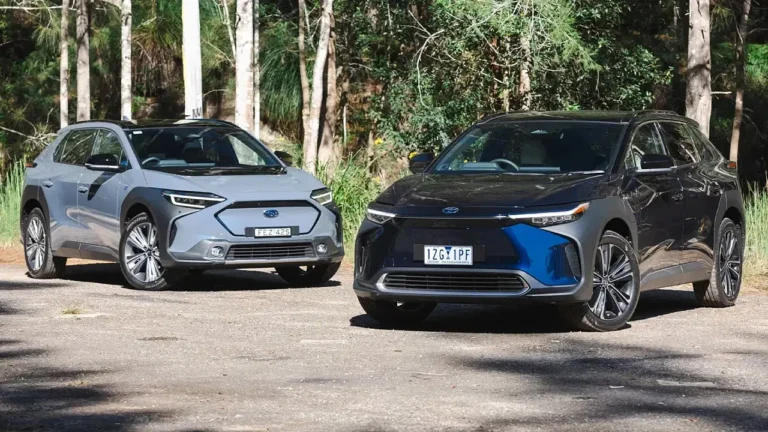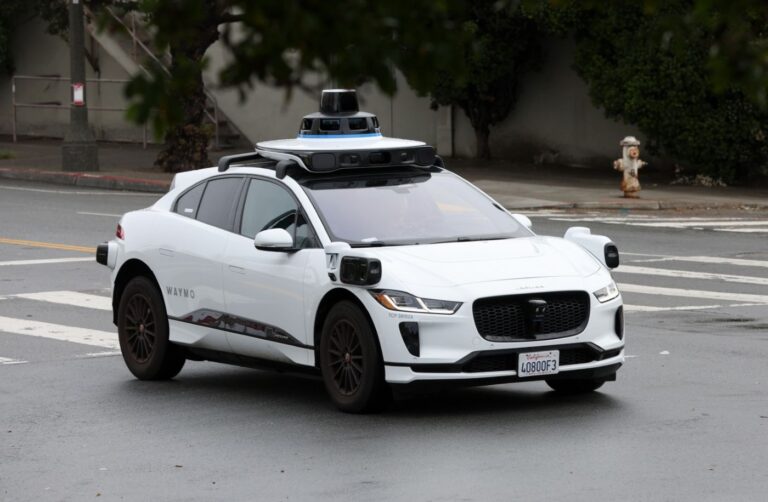Tesla has suspended new orders for its Model S and Model X electric vehicles in China, a move that appears to be a response to escalating tariffs between the U.S. and China.
In China, Tesla manufactures the Model 3 and Model Y at its Gigafactory in Shanghai, serving both domestic demand and certain export markets. However, the Model S and Model X are built exclusively at Tesla’s Fremont facility in California and are shipped to China as imports.
As trade tensions between the two countries have intensified, the U.S. government under President Trump has enacted a 145% tariff on Chinese goods. In retaliation, China has imposed tariffs on American goods, including vehicles. An update has since confirmed that China raised these tariffs to 125%.
These increased tariffs significantly raise the cost of importing U.S.-made vehicles into China, nearly doubling the price of models like the Tesla Model S and Model X.

In response, Tesla abruptly disabled the online configurators for the Model S and Model X on its Chinese website overnight, effectively stopping new customer orders for these vehicles in the region.
This change is unlikely to have a major impact on Tesla’s overall business in China. In 2024, the company delivered just over 2,000 units of the Model S and Model X there. Tesla is continuing to sell its remaining inventory of these models in China, though a review of current listings suggests that the available stock is limited, especially for the Model X.
Industry Perspective
This development marks one of the earliest impacts of the growing trade conflict on the electric vehicle sector. While the affected volume is relatively small, those 2,000 Model S and X units were among Tesla’s more profitable offerings in China—unlike the Model 3 and Model Y, which now account for the vast majority of its local deliveries.
Tesla’s core sales in China come from the Model 3 and Model Y Rear-Wheel Drive variants, which are low-margin vehicles that often require incentives such as 0% financing. As a result, Tesla sees minimal profitability from these models within the region.

Although the lost revenue from discontinuing Model S and X sales in China—estimated around $170 million—is not catastrophic, it represents a meaningful loss of profit compared to the slim margins on other vehicles sold there.
Looking ahead, Tesla’s greater concern may lie in the potential implications for its broader business. The company depends on Chinese-made battery cells for its U.S.-based energy storage products, such as the Megapack and Powerwall. Additionally, growing nationalist sentiment in China could further deter consumers from buying American brands.
If trade tensions continue to escalate, Tesla may face even greater challenges, including potential risks to the future of its Shanghai Gigafactory—the only wholly foreign-owned auto plant in China.



